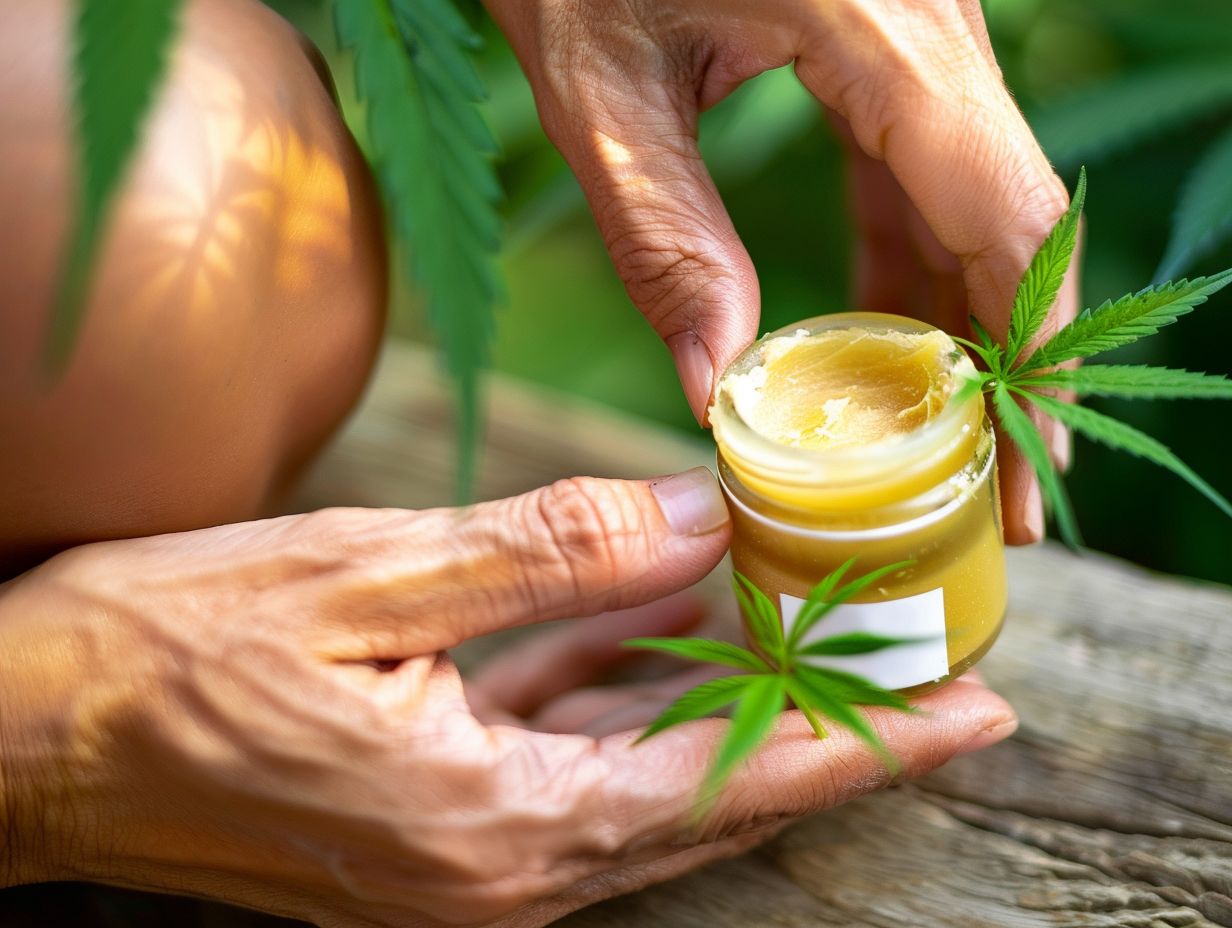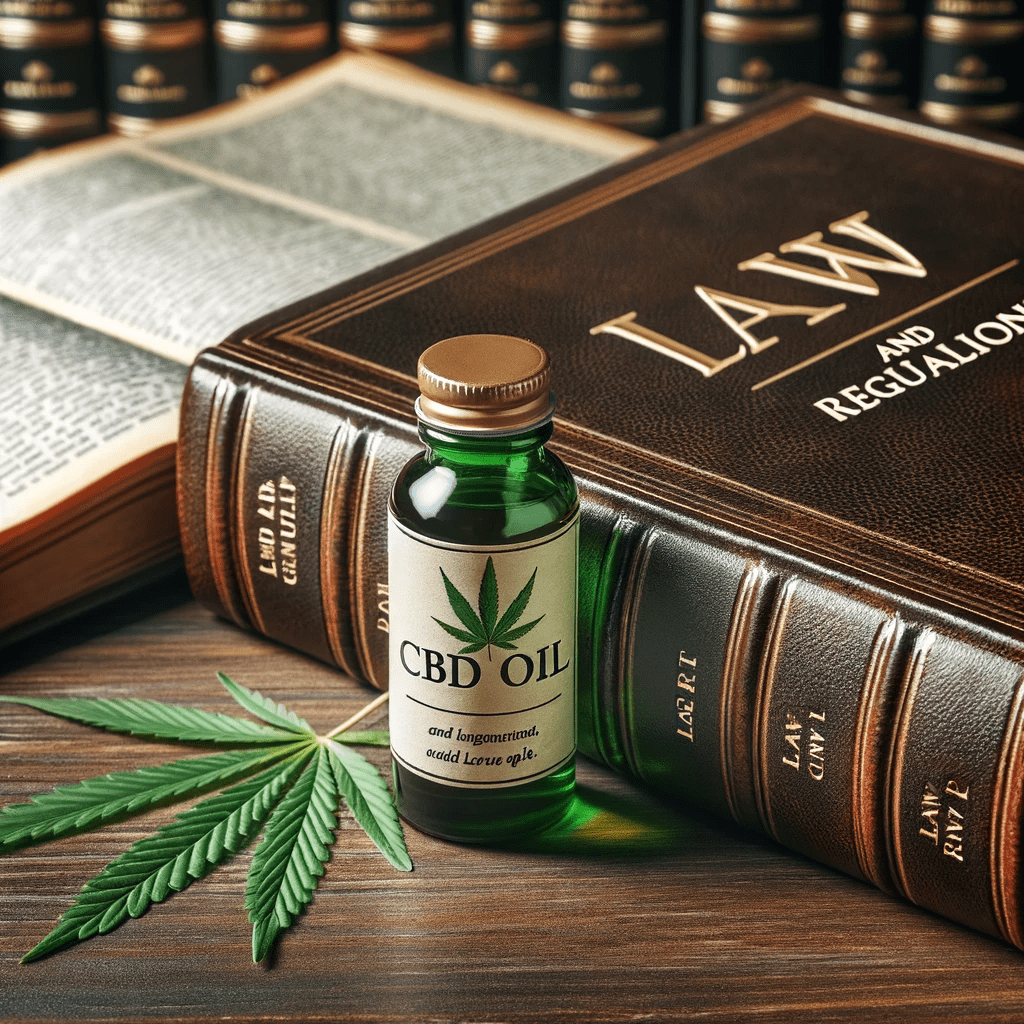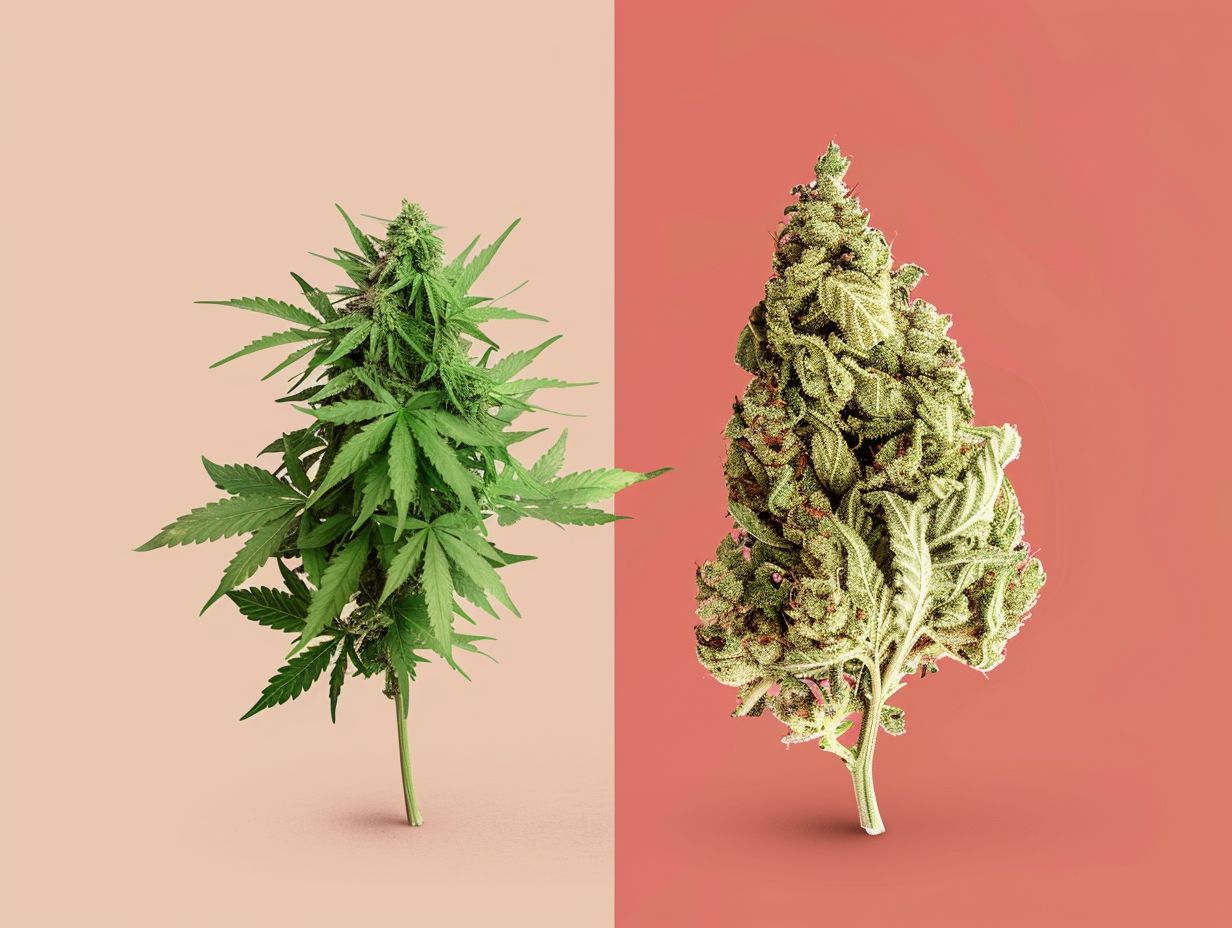Introduction to CBD and Its Uses
CBD (cannabidiol) is a naturally occurring compound found in the cannabis plant, specifically in the hemp plant. It has gained a lot attention from the medical community in recent years due to its potential therapeutic properties. In most people, CBD has shown a lot of promise in lessening symptoms of certain conditions, such as chronic pain, anxiety, and even epilepsy. But what about its effects on horses? Can CBD help with anxiety in horses? This article delves into the current research and anecdotal evidence surrounding this topic.

Understanding Anxiety in Horses
Anxiety in horses is a common issue faced by equine enthusiasts and professionals alike. It can manifest in different ways, such as nervousness, spookiness, or aggression. There are several factors that can contribute to anxiety in horses, including genetics, environmental stressors, and past traumatic experiences. It’s crucial to identify the underlying causes and address them accordingly to ensure the horse’s wellbeing.
The Endocannabinoid System in Horses
To understand how CBD may help with anxiety in horses, it’s essential to know about the endocannabinoid system (ECS). The ECS is a complex cell-signaling system found in all mammals, including horses. It plays a vital role in maintaining homeostasis and regulating various biological processes, such as mood, sleep, and immune response.
CBD interacts with the ECS by binding to cannabinoid receptors, which can modulate the release of neurotransmitters and help maintain balance in the body. This interaction is what makes CBD a promising candidate for treating anxiety in horses.
Research on CBD and Anxiety in Horses
While there is a growing body of research on CBD’s effects on humans and smaller animals like dogs and cats, studies on its impact on horses are still limited. However, some preliminary findings suggest that CBD could have potential benefits for equine anxiety.
A study conducted by the Colorado State University in 2018 evaluated the effects of CBD on anxiety and pain in horses. The researchers found that horses treated with CBD showed reduced anxiety levels, as well as improved pain scores and mobility. This study, though limited in scope, highlights the potential of CBD as a viable treatment option for anxiety in horses.
Anecdotal Evidence and Testimonials
In addition to the limited scientific research, there is a wealth of anecdotal evidence from horse owners who have successfully used CBD to manage their horses’ anxiety. Many have reported positive results, with horses exhibiting calmer behavior, improved focus, and reduced stress levels after being given CBD.
It’s essential to approach anecdotal evidence with caution, as individual experiences can vary. However, these testimonials can provide valuable insights into the potential benefits of CBD for equine anxiety.
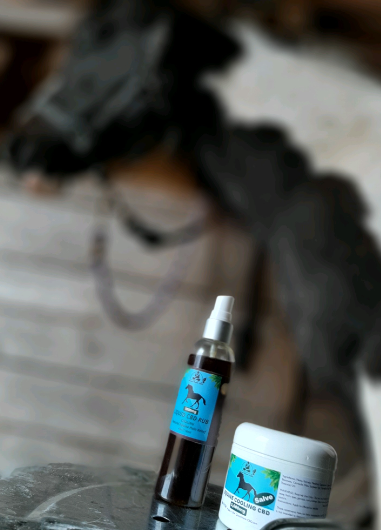
How to Administer CBD to Horses
If you’re considering trying CBD to help your horse with anxiety, it’s essential to consult with a veterinarian experienced in equine medicine and knowledgeable about CBD. They can help you determine the appropriate dosage and monitor your horse’s response to the treatment.
CBD products for horses typically come in two forms: oil tinctures and pellets. The oil can be administered directly into the horse’s mouth or added to their feed, while the pellets can be mixed with their regular food. It’s crucial to choose high-quality, third-party tested CBD products specifically designed for horses to ensure their safety and efficacy.
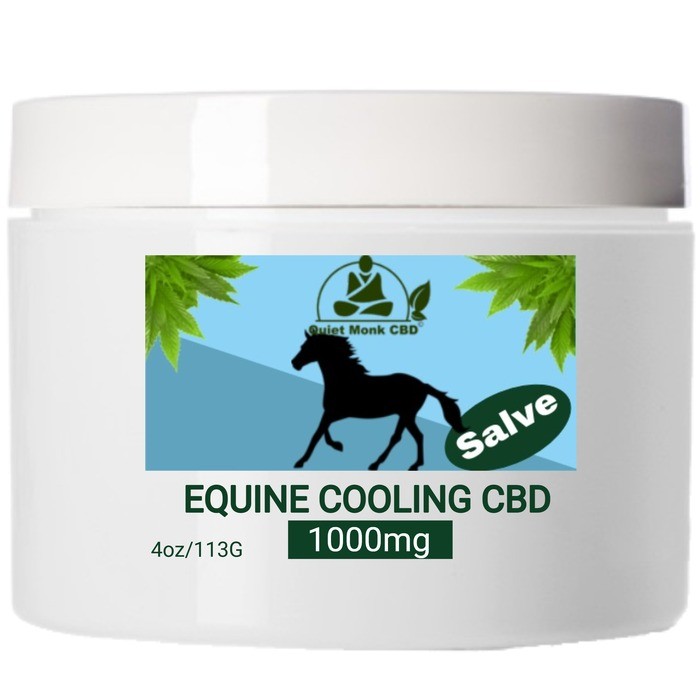
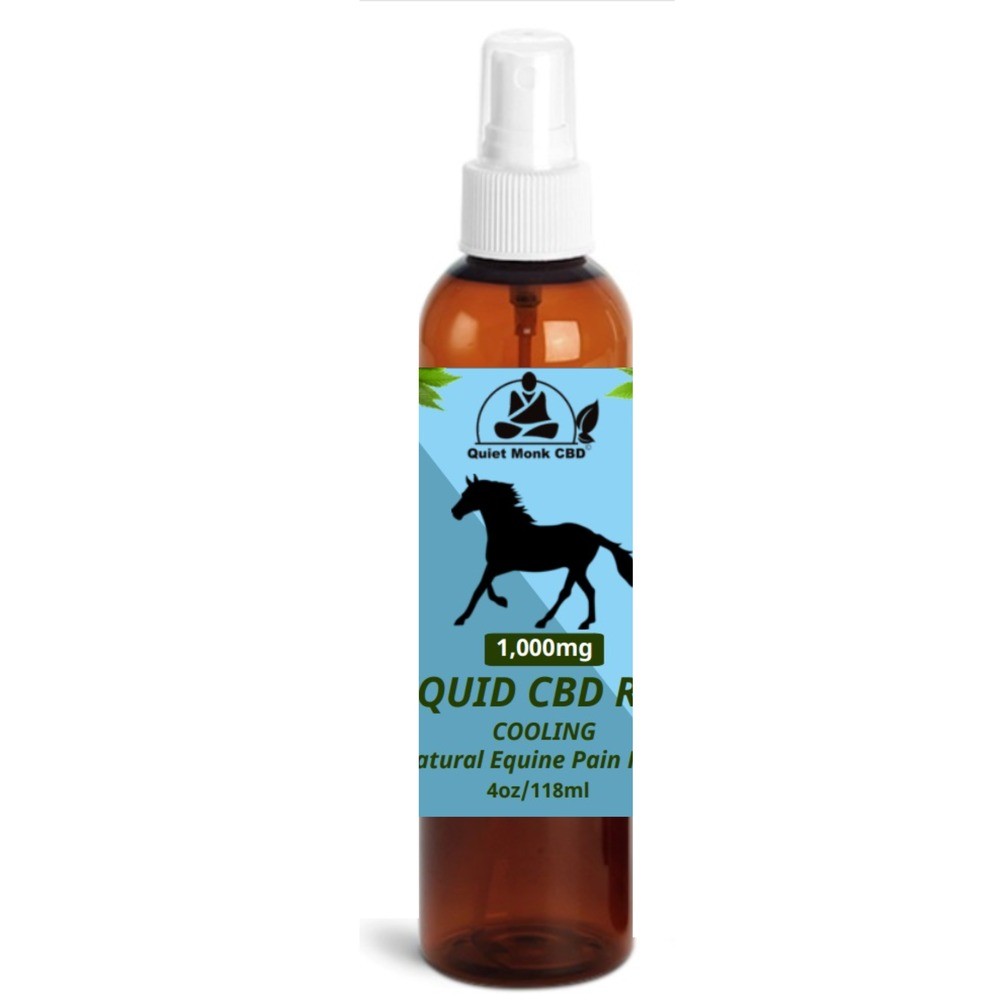
Potential Side Effects and Precautions
Although CBD is generally considered safe and well-tolerated, there can be potential side effects in some horses. These may include drowsiness, dry mouth, and changes in appetite. It’s essential to closely monitor your horse for any adverse reactions and adjust the dosage accordingly, with the guidance of a veterinarian.
Another important consideration is the potential for drug interactions. If your horse is on any medications, it’s crucial to discuss the use of CBD with your veterinarian to ensure it does not interfere with the efficacy of those medications or cause unwanted side effects.
Finally, keep in mind that the legal status of CBD can vary depending on your location. Make sure to familiarize yourself with the local regulations before using CBD products for your horse.
Conclusion: Can CBD Help with Anxiety in Horses?
Based on the available research and anecdotal evidence, CBD shows promise as a potential treatment for anxiety in horses. While further studies are necessary to establish a comprehensive understanding of CBD’s effectiveness and safety for equine use, the preliminary findings and positive testimonials from horse owners are encouraging.
If you’re considering using CBD to help your horse with anxiety, it’s crucial to consult with a knowledgeable veterinarian, choose high-quality products specifically designed for horses, and closely monitor your horse’s response to treatment. By taking these precautions, you can give your horse the best chance at experiencing the potential benefits of CBD for their anxiety.
Other Recent Articles
How Does CBD Cream Ease Inflammation?

After a knee injury, Zach Carney used a CBD cream to ease his pain. He found that applying the cream to a small area twice daily helped. The topical application of CBD interacts with the endocannabinoid system to lower inflammation, ease stress and support sleep and balance. Rubbing CBD cream directly on the skin helps…
Hemp industry of Tennessee makes last-minute bid to preserve their industry

In December 2024, Tennessee’s hemp industry faced a significant challenge due to new state regulations. The Tennessee Department of Agriculture introduced rules set to take effect on December 26, 2024, aiming to ban the sale of certain hemp products that had been legally available since 2019.
Oregon’s Recriminalization of Drugs: A Step Back or Necessary Adjustment?

We here at Quiet Monk wanted to take a look at what’s going on in Oregon. After three years of decriminalization, Oregon reinstated laws earlier this year that criminalize personal possession of all drugs. Lawmakers describe it as a necessary response to rising overdoses, homelessness, and crime, particularly in urban areas like Portland. With recriminalization…

